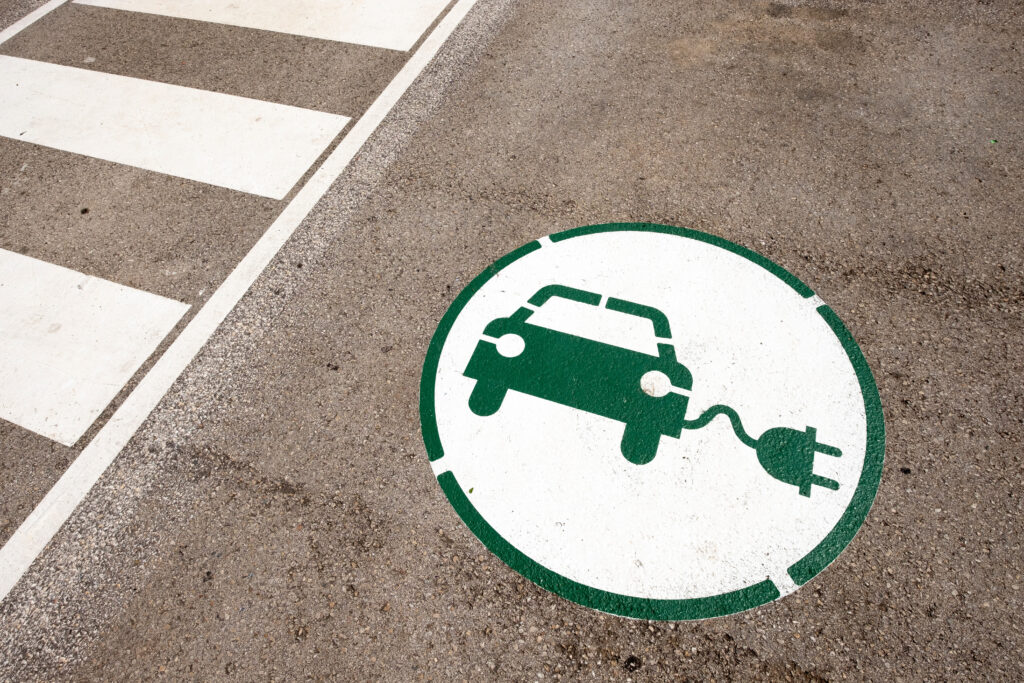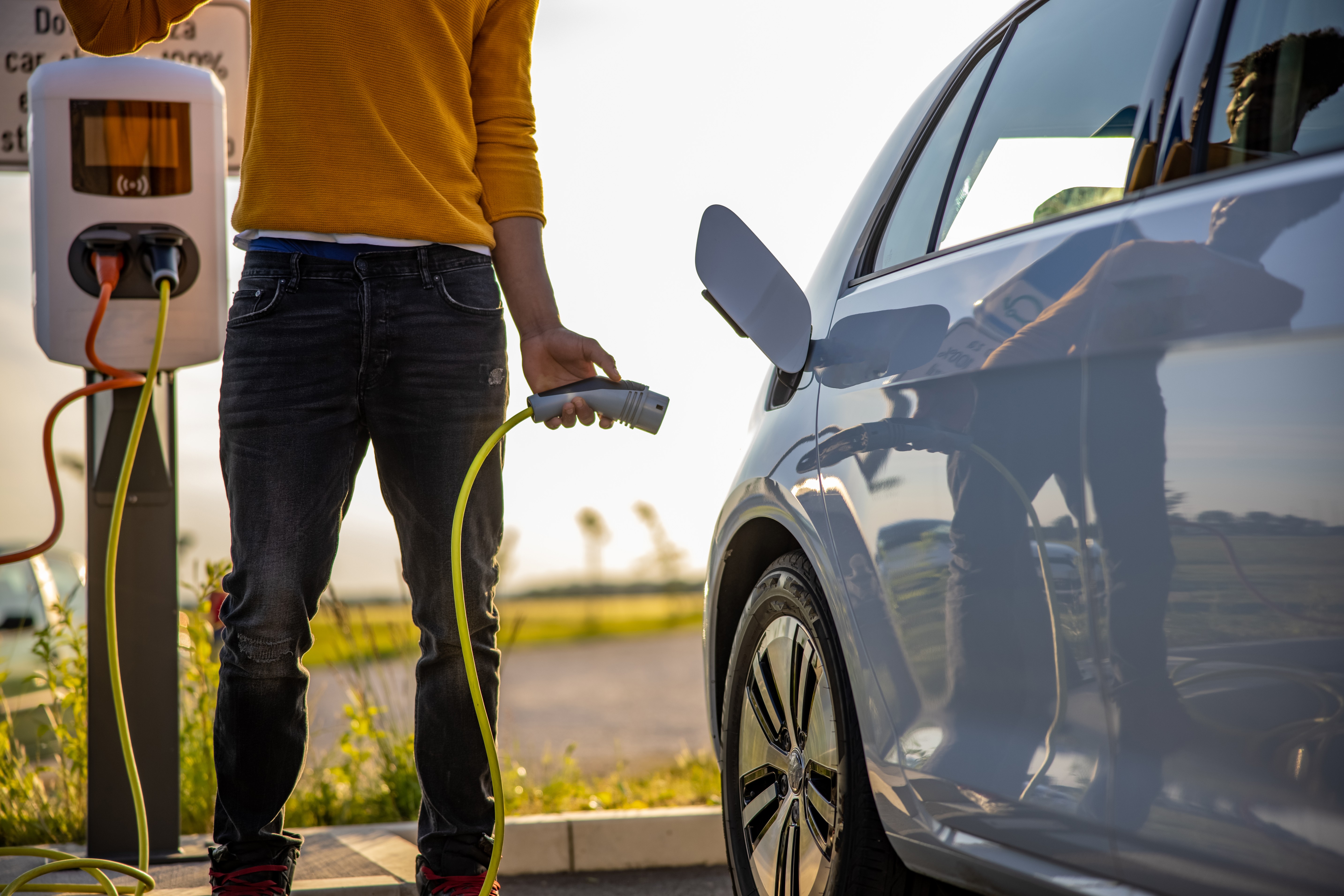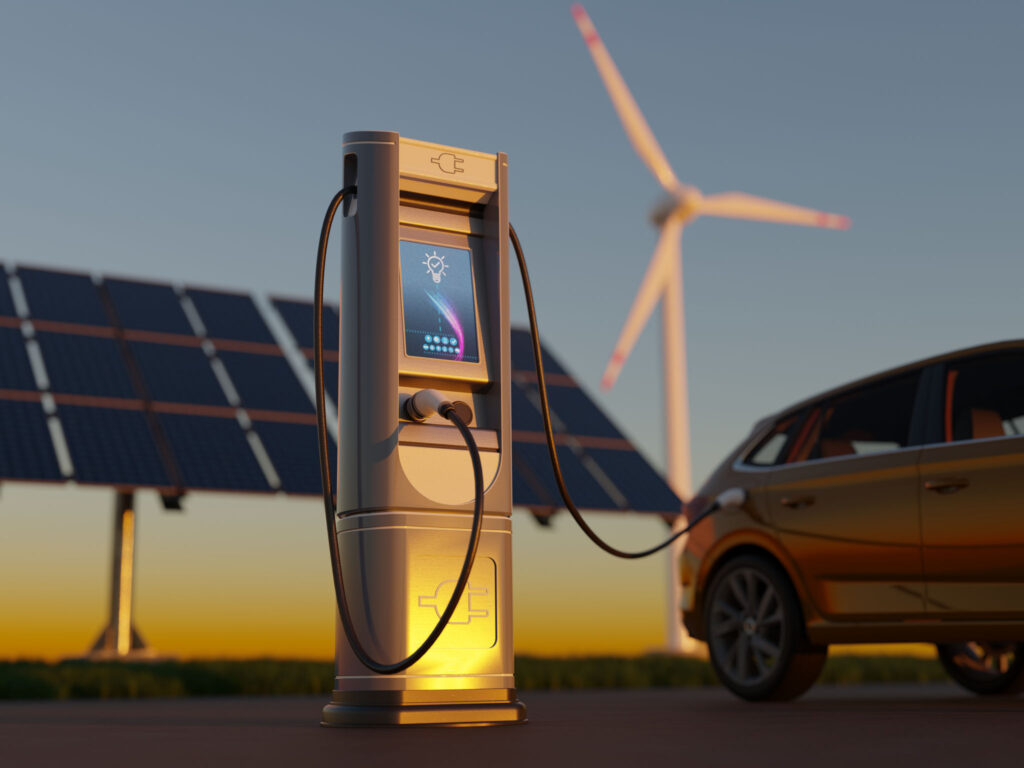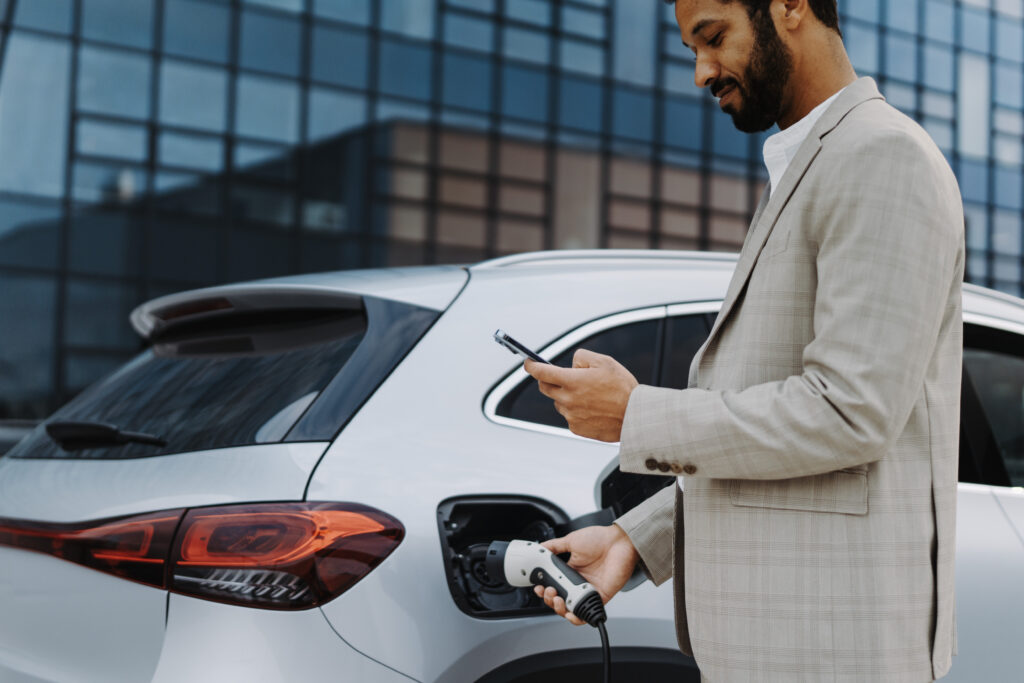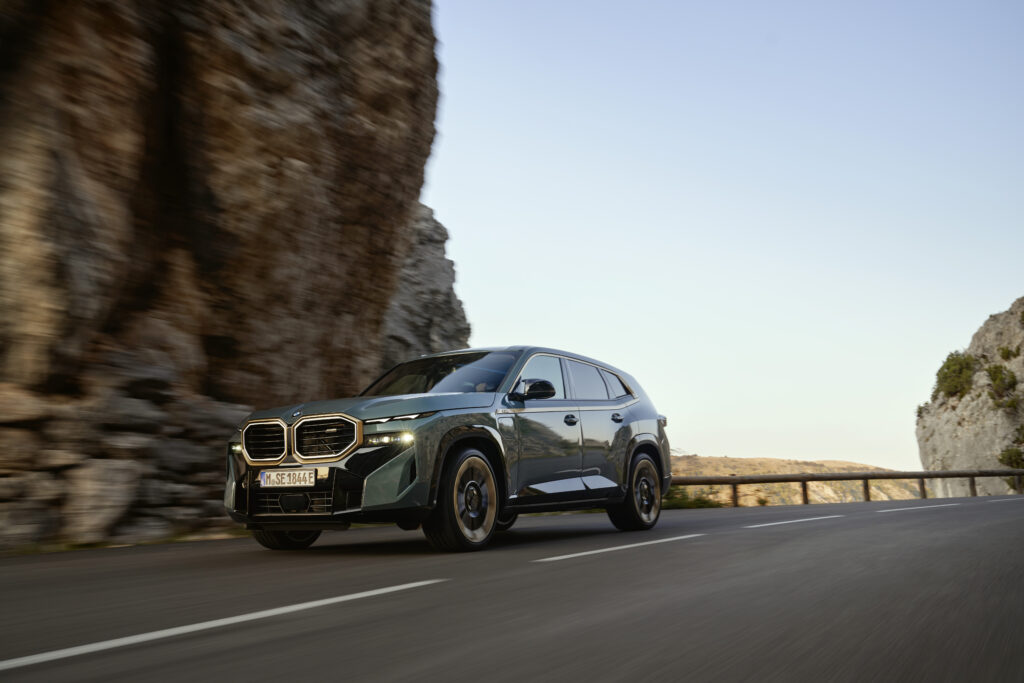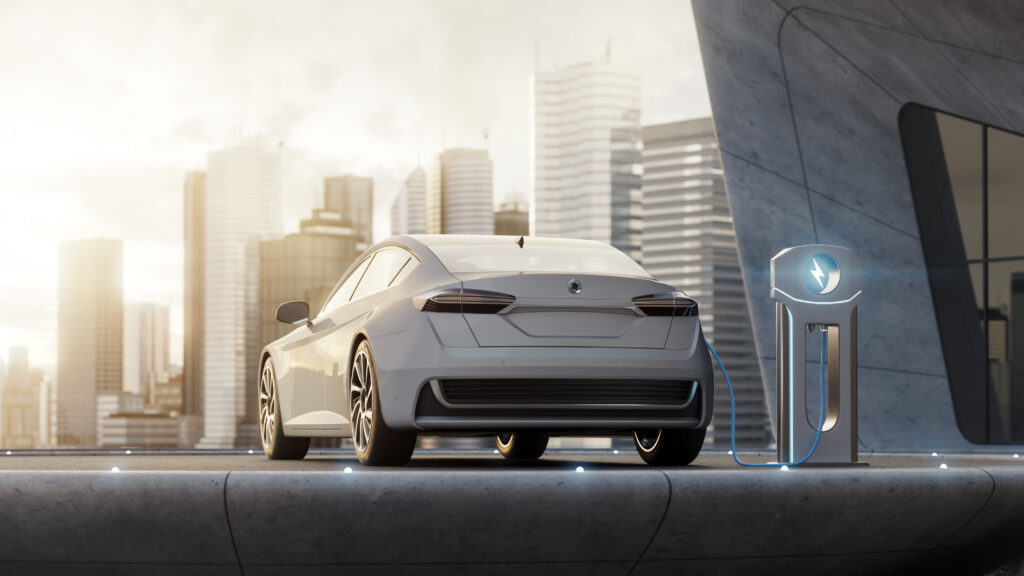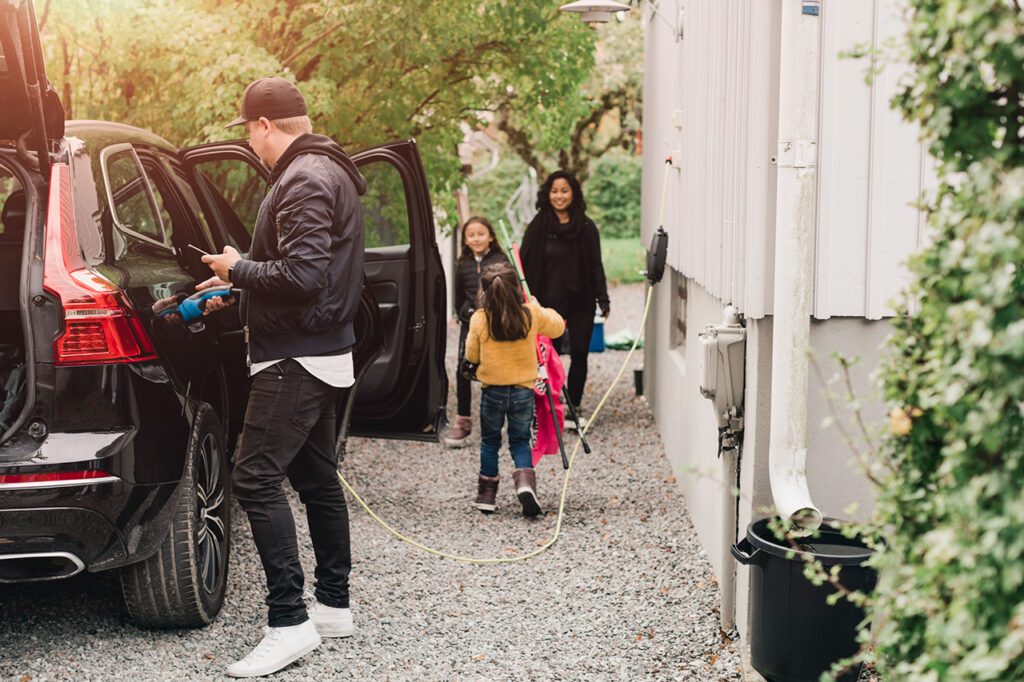
With automakers increasing their all-electric lineups and governments investing in electric vehicles, it’s no surprise that there’s more interest in EVs from potential consumers. Some of the highlights include:
- 25% of American adults say they are likely to purchase a battery electric vehicle (i.e., not a hybrid) for their next car
- 30% of Millennials say they are likely to choose a BEV next – the highest percentage of any age group
- 77% of those who want to buy electric cite a desire to save on fuel costs – the top reason for interest in EVs
Despite the increased curiosity about electric vehicles, most consumers aren’t quite ready to take the plunge. The top six reasons given for hesitation are:
- Higher purchase price (60%)
- Concern that there are not enough places to charge (60%)
- Concern about running out of charge when driving (58%)
- Unsuitable for long-distance travel (55%)
- High cost of battery repair or replacement (55%)
- Unable to install a charging station where they live (31%)
It’s no surprise that the higher purchase prices of EVs are a major factor – that’s why the federal government and state governments across our territory offer incentives for buying an EV, hoping to offset some of that difference.
Concerns about vehicle range and charging make up the rest of the top four concerns. Automakers have made big advancements in range over recent years, and the majority of survey respondents accurately believe that EVs can travel between 100 and 350 miles before running out of charge. But the improvement in range to date hasn’t been enough to address consumer concerns.
Electric vehicle batteries do indeed cost more than batteries for gas-powered cars, and Consumer Reports compares an EV battery replacement to replacing an engine or transmission. The cost can range from $5,000-15,000. But batteries tend to last for 10-20 years, and it’s unlikely that such a major job would be necessary in the first decade of ownership.
The ability to charge at home is also a major factor, which presents a challenge for people who don’t have a dedicated parking space. Cities in our region are thinking more about how to accommodate EV chargers at the curbside, but more work needs to be done if car owners in dense urban areas are going to make the switch in large numbers.
AAA’s Recommendation: Whether you own an electric vehicle or a gas-powered car is up to you – and you should consider lots of factors in making that choice. No matter what type of vehicle you’re choosing, we recommend visiting a dealership, test driving one, and asking as many questions as possible to make an informed decision.

